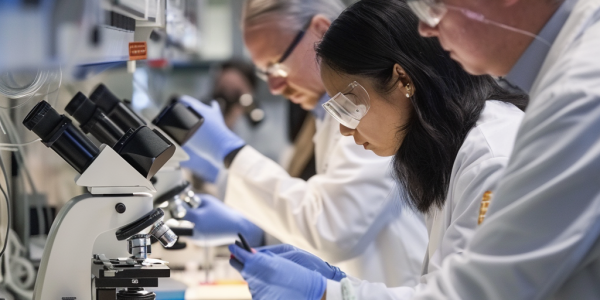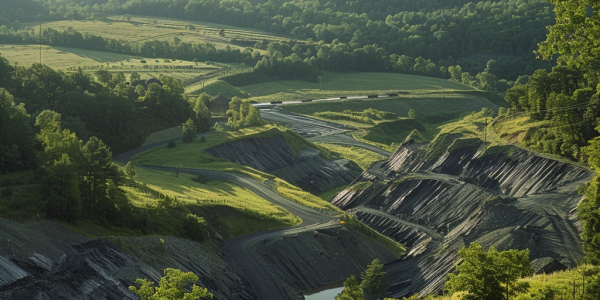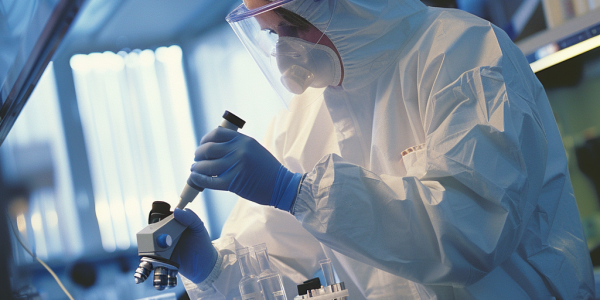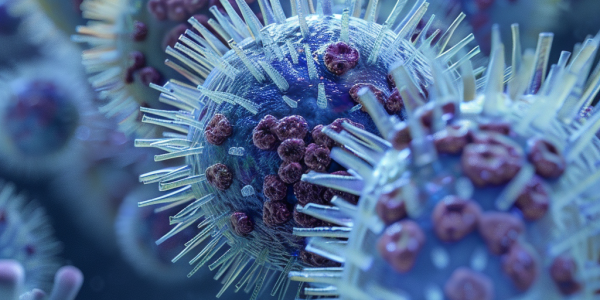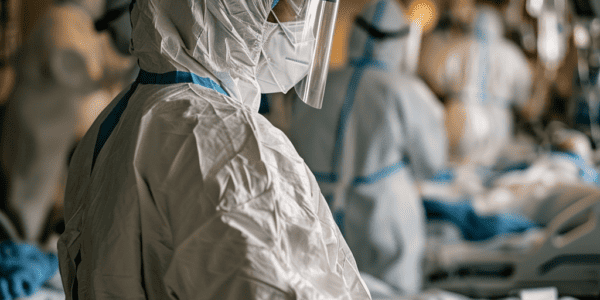Concerns Rise as Covid-19 Cases Surge in the US
As Covid-19 cases rise in the US, concerns about the summer wave resurface. CDC data shows a 23.5% increase in emergency visits for Covid-19. Dr. Wen explains the reasons behind the resurgence and advises high-risk individuals to take extra precautions. Staying informed and following guidelines are crucial to navigating the challenges posed by the current situation.
Ontario Researchers Disappointed as Funding for Critical Wastewater Monitoring Program Set to End
Ontario researchers are facing disappointment as provincial funding for a critical wastewater monitoring program is set to be terminated, bringing an end to vital research efforts. The decision to cut funding for the program, which has been instrumental in monitoring not only COVID-19 but also other respiratory viruses and contaminants in the water, has sparked concerns among experts. Mark Servos, a biology professor at the University of Waterloo and the Canada research chair in water quality protection, has been at the forefront of this research initiative. The program, which involved monitoring wastewater in various regions of the province, provided valuable insights beyond just COVID-19 markers, including tracking levels of influenza A, influenza B, RSV (respiratory syncytial virus), and other contaminants.
Major Lithium Source Found in Fracking Wastewater Sparks Debate
The recent discovery of a major lithium source in fracking wastewater in the Marcellus Shale region of Pennsylvania has significant implications for the EV industry. With the potential to meet nearly half of the U.S. lithium needs, this discovery presents economic opportunities and job creation, reducing reliance on foreign sources. The study estimates annual lithium yields of 1,278 tons, sparking discussions on utilizing fracking for both natural gas production and electric battery components.
Lithium Discovery in Pennsylvania’s Fracking Wastewater
A recent study in Pennsylvania has uncovered a significant amount of lithium in fracking wastewater, potentially fulfilling up to 40% of the country’s domestic needs. The presence of lithium, crucial for clean energy technologies, has sparked interest in the state’s abundant natural gas resources and their role in sustainable energy practices.
CDC Introduces Wastewater Surveillance Tool for Monitoring H5N1 in Dairy Herds
The CDC has introduced a new tool to monitor H5N1 avian influenza in wastewater, aiming to enhance understanding of transmission pathways. The interactive dashboard displays current influenza A levels across 230 sites in 34 states, with experts supporting the initiative for its transparency and research potential. In parallel, USDA APHIS reported new H5N1 detections in dairy herds and wild birds, highlighting the interconnected nature of virus transmission.
Groundbreaking Discovery: Giant Virus Infects Amoeboflagellate Naegleria
Researchers have isolated a giant virus, Catovirus naegleriensis, infecting the amoeboflagellate Naegleria, shedding light on its unique adaptations. The study, published in Nature Communications, delves into the structure and infection cycle of this newly identified giant virus, providing insights into the interactions with its host and expanding the understanding of giant viruses.
Altering Wastewater to Slow Climate Change
A study suggests that adding alkaline chemicals to wastewater discharged into the oceans could increase CO2 sequestration, potentially mitigating climate change. This approach aims to reduce acidity of wastewater and remove carbon dioxide from the atmosphere, offering a sustainable method to lower CO2 levels.
CDC Warns of Surge in COVID-19 Hospitalizations and Deaths in California
BAY AREA – The Centers for Disease Control and Prevention (CDC) has issued a warning about the surge in COVID-19 hospitalizations and deaths in California, indicating that the situation may worsen in the near future. According to data from the…


